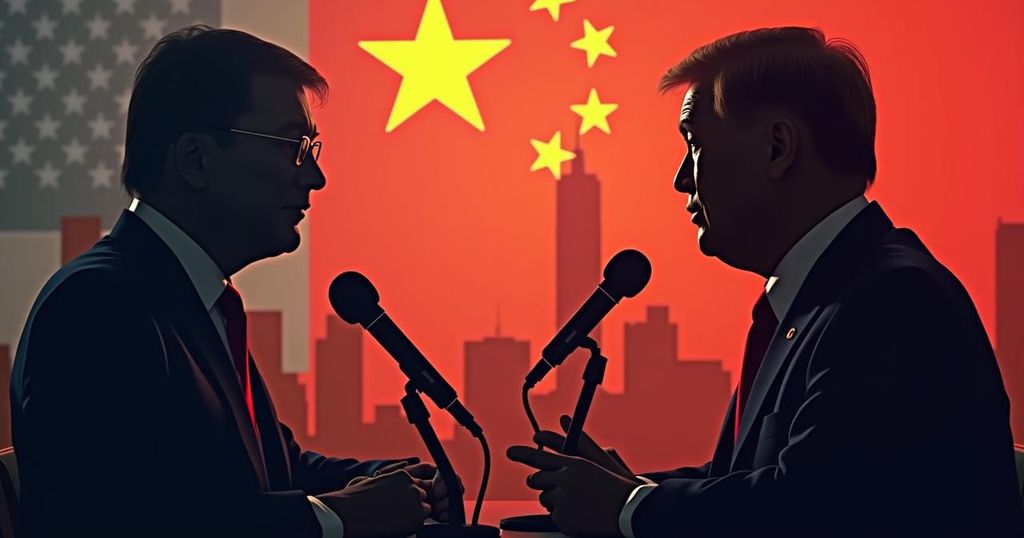Biden Administration’s Strategic Response to Prevent a Second China Shock

The Biden administration, via U.S. Ambassador Nicholas Burns, is actively implementing tariffs to prevent a repeat of the economic damage caused by previous surges in Chinese imports, which led to significant job losses. The ambassador called for European allies to unite against China’s overcapacity in sectors such as electric vehicles while warning of potential sanctions on Chinese supplies aiding Russia’s military efforts.
The Biden administration is actively seeking to prevent a repeat of the detrimental economic impact caused by previous surges in Chinese imports, specifically referring to this as a potential “second China shock.” The United States Ambassador to China, Nicholas Burns, emphasized the administration’s stance on tariffs as a means to guard against such an event during a video conference from Beijing. He articulated a call for international cooperation, particularly among European allies, to confront the issues posed by China’s increasing production capabilities, especially in the electric vehicle (EV) sector. Furthermore, Ambassador Burns highlighted the importance of curbing China’s dual-use goods that could aid Russia’s military efforts amid the ongoing war in Ukraine, indicating that additional sanctions may be implemented if China continues to supply these materials. He stated, “I think that all of us around the world, in every single country, learned from the pandemic, don’t be reliant on a single source for critical materials,” advocating for a diversified approach to sourcing essential goods to avoid over-reliance on China, similar to the economic fallout experienced during the first shock in the 2000s that resulted in significant job losses in the U.S. manufacturing sector.
The discussion revolves around the United States’ strategic measures to counteract issues related to China’s economic practices, particularly in the wake of geopolitical tensions. The term “China shock” historically refers to the rapid increase of Chinese products flooding U.S. markets in the early 2000s, which led to extensive job losses in American manufacturing. Given the current landscape of rising global tensions and the ongoing conflict involving Russia and Ukraine, the need for a coordinated international response regarding trade and economic dependency on China has become increasingly critical. This has prompted U.S. officials, including Ambassador Burns, to advocate for a stance that prioritizes economic resilience and security for allied nations.
In conclusion, the Biden administration is taking proactive steps to prevent economic repercussions similar to those experienced during the first China shock by employing tariffs and advocating for global coordination against China’s expanding industrial capabilities. Ambassador Nicholas Burns’ remarks underline the importance of strategic partnerships and diversified sourcing to safeguard against over-reliance on one nation, thereby promoting collective economic stability among allies.
Original Source: www.scmp.com








